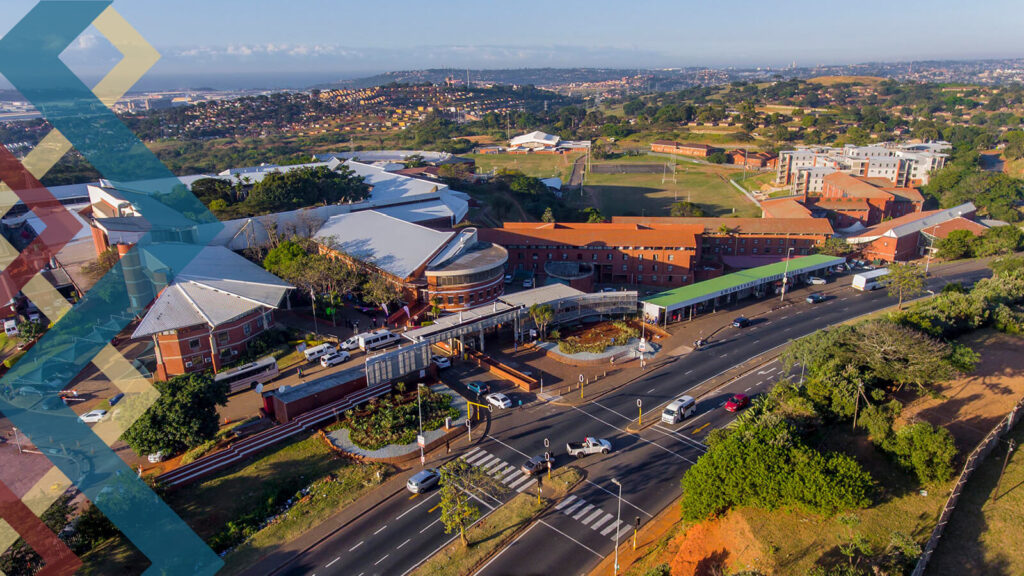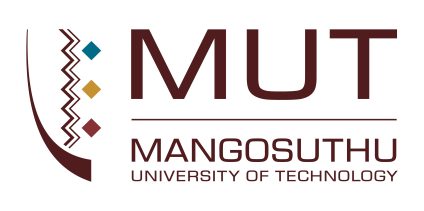About the conference
Mangosuthu University of Technology (MUT) is hosting a Conference on Scholarship of Engagement (SoE) under the umbrella of the South African Higher Education Community Engagement Forum (SAHECEF)
Conference Theme: “Bridging the knowledge gap in advancing the Scholarship of Engagement for maximum societal impact.”
Venue: Coastlands hotel, Musgrave, Durban, KwaZulu-Natal province, South Africa
Date: 18-20 November 2025
Format: Hybrid (in-person & virtual participation)

Call for Abstracts
The 1st MUT Conference on SoE aims to bring together leading academics, researchers, students, policy-makers, civil and private organisations to exchange and share their experiences and research results on all aspects of community engagement and SoE for maximum societal impact, as well as approaches, practical challenges, and the role of indigenous knowledge systems (IKS). Abstracts of not more than three hundred words (including workshops proposals) are welcome in line with the theme, subthemes, and the broader SoE.
All submitted abstracts should not be more than 300 words, and should follow the guidelines provided below:
- Title: The title should be concise and aligned to theme/subthemes and overall SoE.
- Author(s): Start with Surname and follow by Name and affiliations
- Keywords: Maximum Five
- Introduction and Problem statement. Provide a brief introduction and statement of the research problem or gap in literature.
- Methodology: Describe research design adopted for the study.
- Results/findings and Discussion(s). Present findings of the study with discussion(s).
- Conclusions and Recommendations. There should be a summary of the research, and how it applies to policy on the adoption of SoE.
All abstracts will go through a blind peer review process, and authors will be provided with the assessment score. Assessment shall be based on the originality (there shall be a plagiarism check), completeness (based on guidelines above), clarity, and how it relates directly/indirectly to the theme of the conference.
A certificate of presentation will be made available to conference participants on conference day. There shall be awards for all best session papers, posters, and workshops based on criteria such as content relevance, engagement, innovation, and audience feedback.
All extended papers may be published in the following journals:
African Journal of Higher Education Community Engagement
South African Journal of Higher Education
- Journal articles
- Books of abstracts
- Presentations (slides or posters)
- Workshops
- Case studies
- Community Engagement projects and programmes
- Artifacts
- Media and press releases

- Options for both oral and poster presentations are available; and
- Options of ONLINE presentations with Zoom/Teams and OFFLINE presentations with recorded voice, are also available.
Conference sub-themes
- Community engagement and community development
- Social and societal impact discourse
- Universities and their historical mandate for community engagement
- STEM perspectives to the subject of scholarship of engagement
- Art and humanities’ perspectives to scholarship of engagement
- Social sciences perspectives to the subject of scholarship of engagement
- Medicine and health sciences perspectives to the subject of scholarship of engagement
- Interdisciplinary collaboration and the importance of integrating diverse disciplinary approaches to address complex societal issues
- Community-based participatory research (CBPR) approaches / case studies
- Service -Learning as an effective pedagogical approach for SoE
- Evidence-based approaches of scholarship of engagement for societal impact
- Wicked problems of society: the basis for multi-, inter-, and transdisciplinary approaches to scholarship of engagement
- Lessons from Ernest Boyer’s model for scholarship
- Towards a model framework for the analysis and implementation of scholarship of engagement
- Scaling successful initiatives to demonstrate how small-scale efforts can be expanded to create a broader and more significant impact
- Perceptions of faculty members towards CE and its implementation
- Challenges in adopting and integrating CE into TL & R amid environmental, economic, and workload demands
- Enabling faculties to adopt SoE for societal impact: Institutional support structures and policy frameworks for integrating CE into TL & R
- Promoting student volunteerism to foster responsible citizenship and drive societal impact
- The role of scholarship of engagement in achieving the sustainable development goals
- Strategies for overcoming resistance to the adoption of Scholarship of Engagement
- Assessment criteria for scholarship of engagement for societal impact
- Standardizing tools for the monitoring and evaluation of scholarship of engagement
- Understanding IKS and their relevance to contemporary community engagement
- The role of IKS in addressing local and global community challenges
- Collaborative approaches to blending indigenous and academic knowledge for effective adoption of SoE
- Case studies of successful community projects that integrate IKS and modern academic approaches
- Empowering Communities : From Engagement to Action
- Bridging Gaps: Building Inclusivity and Equity through Community Engagement
- Strengthening Social Capital: Collaboration as the Key to Sustainable Development
- Youth at the Forefront: Engaging the Next Generation for Development
- Digital Engagement: Harnessing Technology for Community Development
- Health and Well-being: Community Engagement for a Healthier Future
- Cultural Sustainability: Promoting Local Heritage through Community Engagement
- Local Solutions, Global Impact: Scaling Community Engagement for Broader Change
- Inclusive Governance: Strengthening Community Leadership through Engagement
- Economic Empowerment: Creating Jobs and Livelihoods through Community Engagement
- Environmental Stewardship: Engaging Communities for a Sustainable Future
- The Power of Storytelling: Communicating Change through Community Narratives
- Resilience through Engagement: Preparing Communities for the Future
- The integration of academic research and grassroots community development.
- Strengthening community development through capacity-building and multi-stakeholder collaborations
Contact Us
Dr David Ikpomwosa Ighodaro
Researcher: Community Engagement
Tel: 031-819 9420

